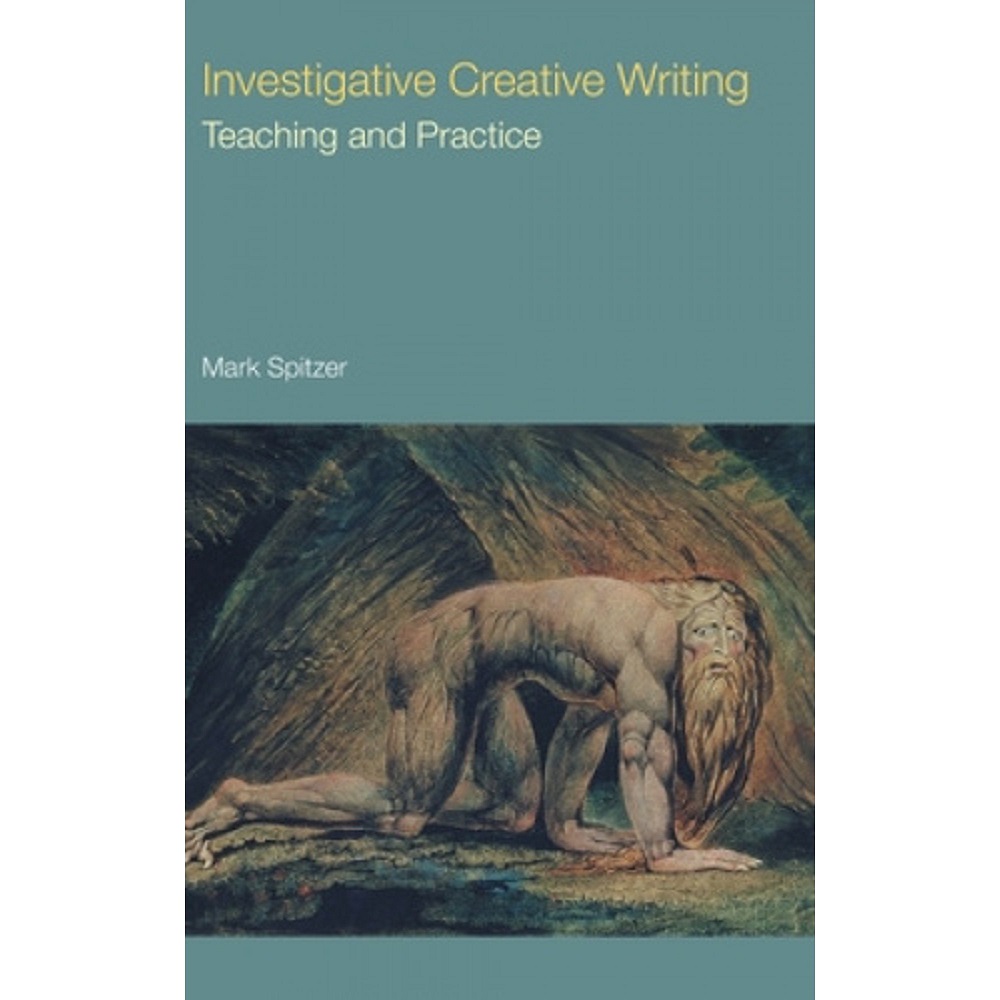Investigative Creative Writing has expanded the call of my manifesto on Investigative Poetry…all creative writers should utilize Investigative techniques and practices.”
Ed Sanders
Due to an obvious redundancy, lots of folks lament the term “creative writing,” which operates in the opposite manner of “jumbo shrimp.”
Now that I’ve got your attention, the word “panifesto” also desires explanation. Okay, a polemic and a manifesto walk into a bar…
But here’s another idea: Investigative Creative Writing, a concept I’ve been striving to clarify for years. Even wrote a teaching-creative-writing book with the exact same title based on this hybrid ambiguity with all sorts of tentacles octopusing out. Ie., investigative eco-fiction, investigative creative nonfiction, investigative exercises for individuals and groups, and oh yeah, investigative poetics.
“But wait!” some post-Beat poster boy cries out. “That last one’s been done before! Back in the seventies! It’s a poetic aesthetic grounded in data-clustery!”
Ahh, I reply, but avec une caveat: Sanders’ idea was investigative “poetry” and/or “verse.” “Poetics,”however, that’s something with tighter, hotter pants! Because it provides license.
License for what? To recycle, recharge, renew, re-echo, re-innovate on something that’s already there! Case in point: good ol’ Ed’s playful vision for combining history, quotes, journalism, imagery, politics, and amusing personal bias, then rolling it all up to parallel form of “lyric essay” skirting scree to get to the choicest chunks.
That’s the mosaic, that’s the logic, that’s the patchwork pattern fused from free-verse gaps but with one major prerequisite: That whatever clustering is going on, there’s also a real-ass investigation in the mix that actually invests someone in something. Yep, the objective is to ACTIVELY study, travel, spelunk, peel back, and expose for Discovery. Hence, quest can be anything from (and here are some examples I provide) playing with dramatic persona techniques that break old molds and reset expectations, breaking down diverse needs needed for diversity, and exploring the gone iconography of what we’ve lost of ourselves. That’s what I’m talking about: combining said collaging theory and spirit of with getting out there and getting facts, whether they be from research that interrogates, authorities who know their stuff, or experiences that further illuminate.
If that’s a bit cryptic, that’s the intent. After all, ICW is the newest, sexiest tool on the block for going on pure nerve.
So watch out, Pedagogy (Ack, a cringe-worthy word!), because Investigative Creative Writing isn’t just a big cheesy grin photobombing in for goofery; it’s an actual, proven, hands-on learning method for injecting mojo into work that’s worth a Flark!
–Mark Spitzer
Rosendale USA
2-22-22.
